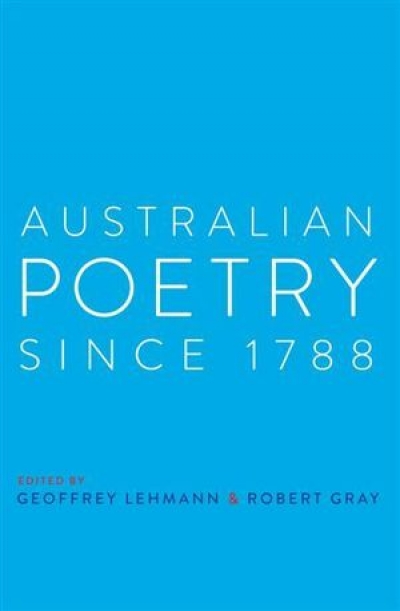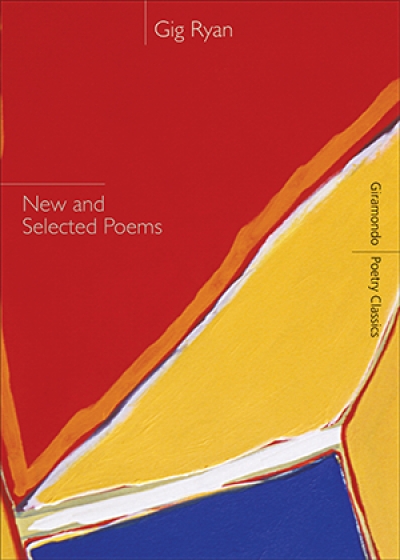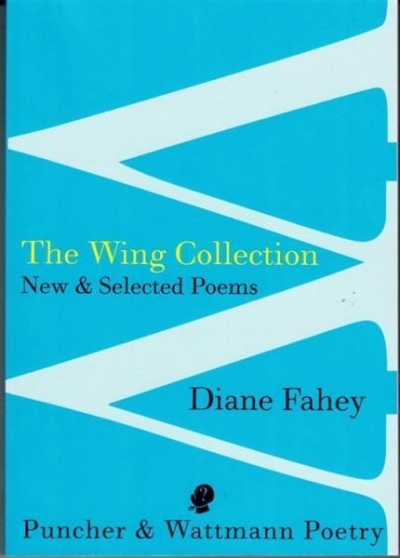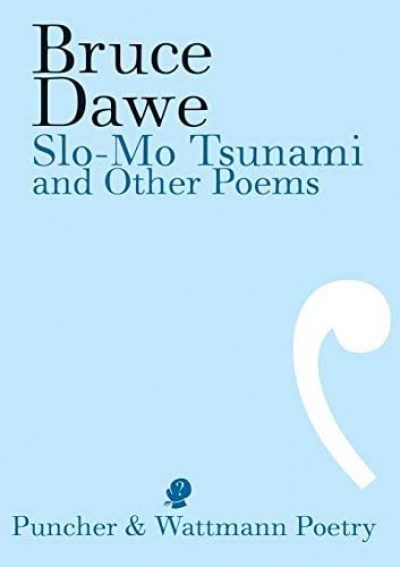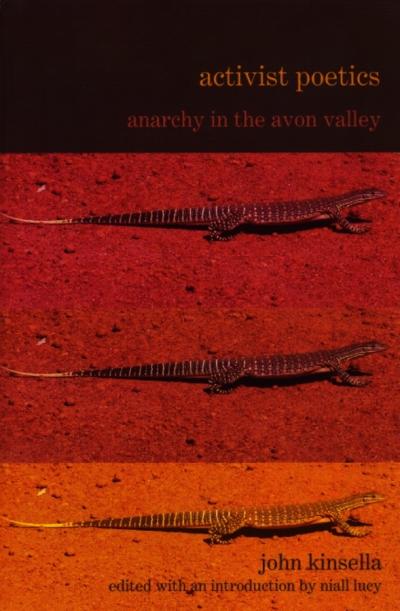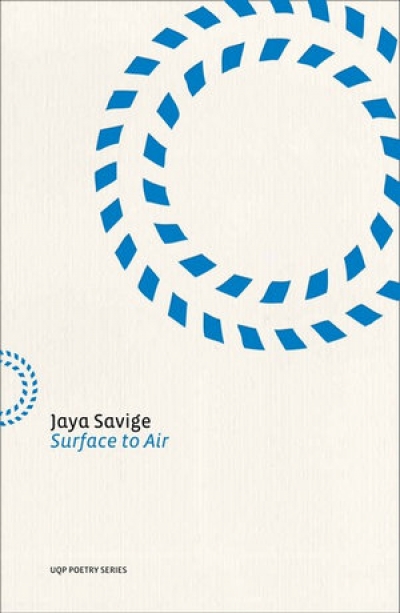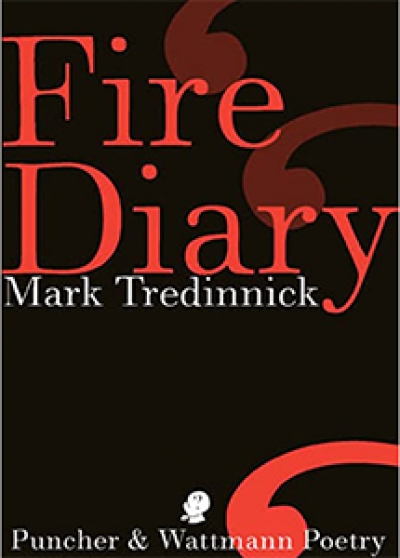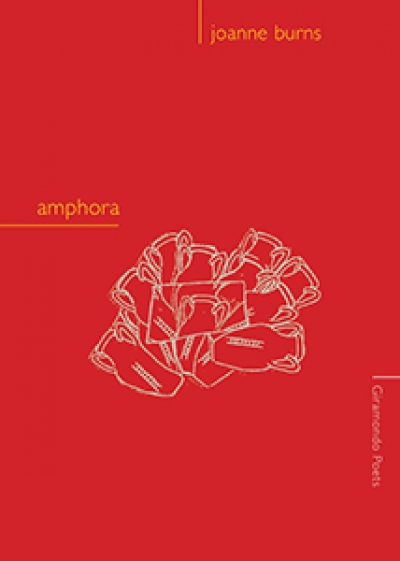Australian Poetry
Australian Poetry since 1788 edited by Geoffrey Lehmann and Robert Gray
by Michael Hofmann •
Australian Poetry Journal: Beginnings edited by Bronwyn Lea
by Peter Kenneally •
The Wing Collection: New and Selected Poems by Diane Fahey
by Rose Lucas •
Activist Poetics: Anarchy in the Avon Valley by John Kinsella, edited by Niall Lucy
by David McCooey •
'Hautes Fenêtres: Thoughts on the place of translation in recent Australian poetry' by Simon West
by Simon West •
In a 1995 interview for the Paris Review, Ted Hughes was asked if the 1960s boom in translated poetry, particularly with series such as the Penguin Modern European Poets, had influenced poetry written in England. ‘Has it modified the British tradition!’ he replied. ‘Everything is now completely open, every approach, with infinite possibilities. Obviou ...

